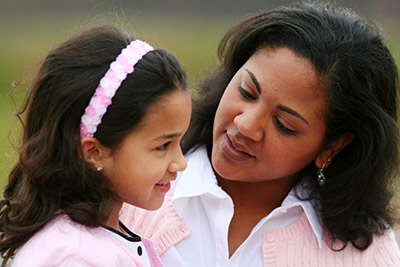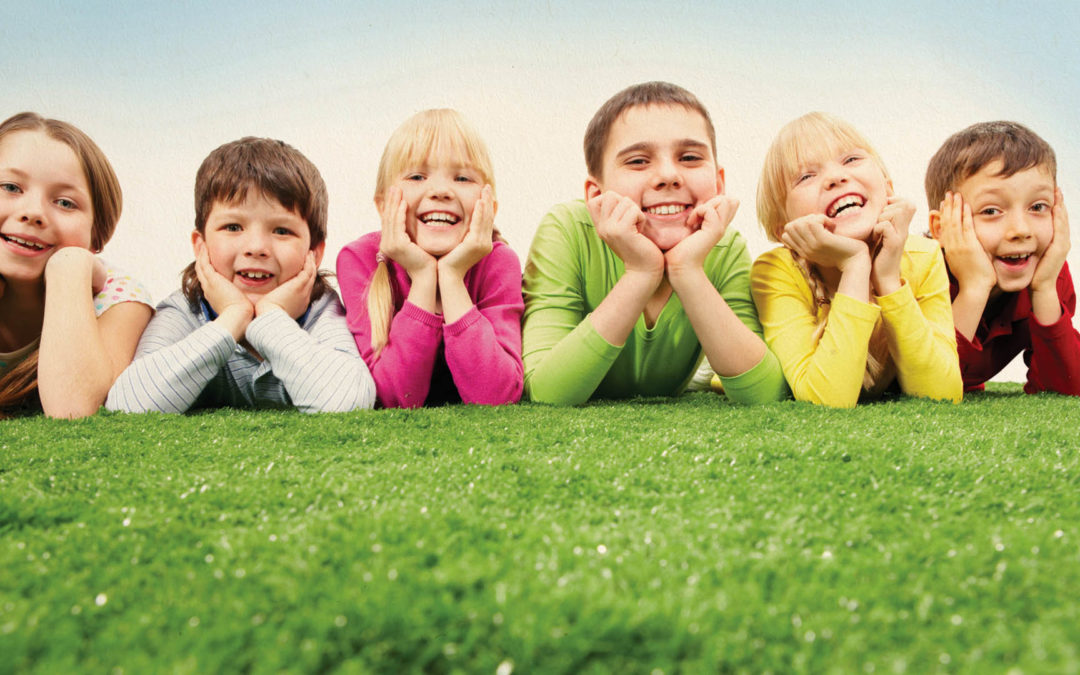
What Do Young Children Need Most?
What Do Young Children Need Most?
It is not uncommon for clients I see to express concern with regard to their parenting skills. They worry that they have scarred their children with any lapse of attention, angry outburst, or other behavior or parenting decision that they later regret.
There has never been, and never will be a perfect parent.
Perfectly meeting all of our children’s needs does not prepare our children for the “imperfections” of life. It is the parenting behavior and the child rearing environment that our children are steeped in daily that is most crucial.
As described in an earlier post (see “Helping Our Children to feel Good about Themselves”) a secure, consistent, loving attachment with at least one major caretaker is THE vital nutrient for emotional health.
Here are a few other emotionally nourishing parental attitudes and practices that support emotionally healthy children and adults:
1. Safety
The need for safety usurps all other needs. When we do not feel safe, the need for safety dominates the lenses through which we respond to the world. This can hinder development emotionally and socially, and even intellectually. When safety is at stake (emotionally as well as physically) outer situations and stimuli are evaluated from this inner “am I safe?” neurological state. Openness, curiosity, social connections, and the ability to learn are secondary when safety is at stake.
Seek to provide your child with emotional safety. Try to shield them from loud arguments and a hostile atmosphere. Do not make them anxious about safety by talking about the world outside the home in ways that cause them to be afraid. Instead, do what you can, within reason, to keep from exposing them to unsafe situations.
2. Trust
Help your children to develop a basic underlying belief that people, and the world are trustable. As time goes on, they will no doubt experience instances where this is not entirely true. It is important for their emotional development, however, that they first develop a basic belief that the world and people are safe and trustable.
You provide this belief through your own attitude towards the world, as well as through your relationship with them. Through being aware, available, and trustworthy in your interactions with your children, they learn that people and relationships are trustworthy. Try to protect them from exposure to people and environments that are otherwise.
In these ways you allow your children to experience the world as a place where it is safe to explore physically, connect interpersonally, and be curious about intellectually. This supports them in establishing positive relationships as adults, as well as in developing their innate potential.
3. Predictability, Structure, and Limit-Setting
Young children need consistency, organization, and predictability in their lives. Try to provide an environment in the home that is calm, organized, predictable, and sustained by daily routines.
Predictability supports their developing nervous systems. Knowing what to expect in their worlds, they do not have to be on guard, anxious about what is coming next.
Limit setting is a necessary and healthy requirement in parenting. Setting limits with our children helps them to learn to set their own limits as they mature, and to respect limits that have been set by teachers, future employers and our legal system.
Children do not innately know how to set their own limits. They need the structure of knowing where the limits are, and what the consequences are for going beyond these limits. This includes reasonable expectations regarding their personal behavior, how they treat others, and behavior that provides for physical safety.
The consequences for not respecting known limits must be predictable, consistent, reasonable, and developmentally appropriate.
4. Validation
Your children need to be heard and seen for who they are. This is not as straight-forward as it seems. The question to ask yourself is, “how is my child perceiving and responding to this situation? What is s/he feeling and needing?” Outer situations do not always determine the inner response. One child may be frightened by something that another child finds immensely interesting, or exciting.
We all have a need to be seen and understood for who we are, and to have our feelings and needs heard and acknowledged. Our children have this same need. As parents, we do not have to meet this need perfectly, or always. But the ability to understand and empathize with our children’s inner world is paramount. It is like fertilizer for their emotional growth.
Listen deeply to your children when they are trying to convey something to you, or when they are upset. In doing so, you help them to discover and delineate who they are. This supports them in developing a core sense of identity, their rock of Gibraltar for navigating life.
All feelings are welcome and need to be validated.
You may find that sometimes you wish your child felt differently than they do. For example, if you were never allowed to feel anger or sadness, your impulsive reaction to your child’s anger or sadness may be to tell them that they should not feel angry or sad about whatever is going on at that moment. If it was not OK for you to feel angry or sad, it is possible you may not even notice that your child is feeling angry or sad.
The truth is there is no right or wrong when it comes to feelings.
Feelings do not have to be justified. Feelings are just that: feelings. They come, and they go, arising from constantly changing physical sensations.
We have all experienced the great relief that comes from having our feelings heard, understood, and acknowledged for whatever they are. Our children thrive when we can give them this same experience.
You can give your child this experience of acknowledging their feelings without having to give in to something you do not agree with. Acknowledging their feelings does not mean you can not discipline when necessary. The important part is that you understand and respect whatever it is that they are feeling.
Consciously listen with your whole being to your children, and you will find you will learn from them how to parent them. We do not have to be perfect parents (nor is it possible). Most of all, they need our ability to see and genuinely accept and love them for who they are.



